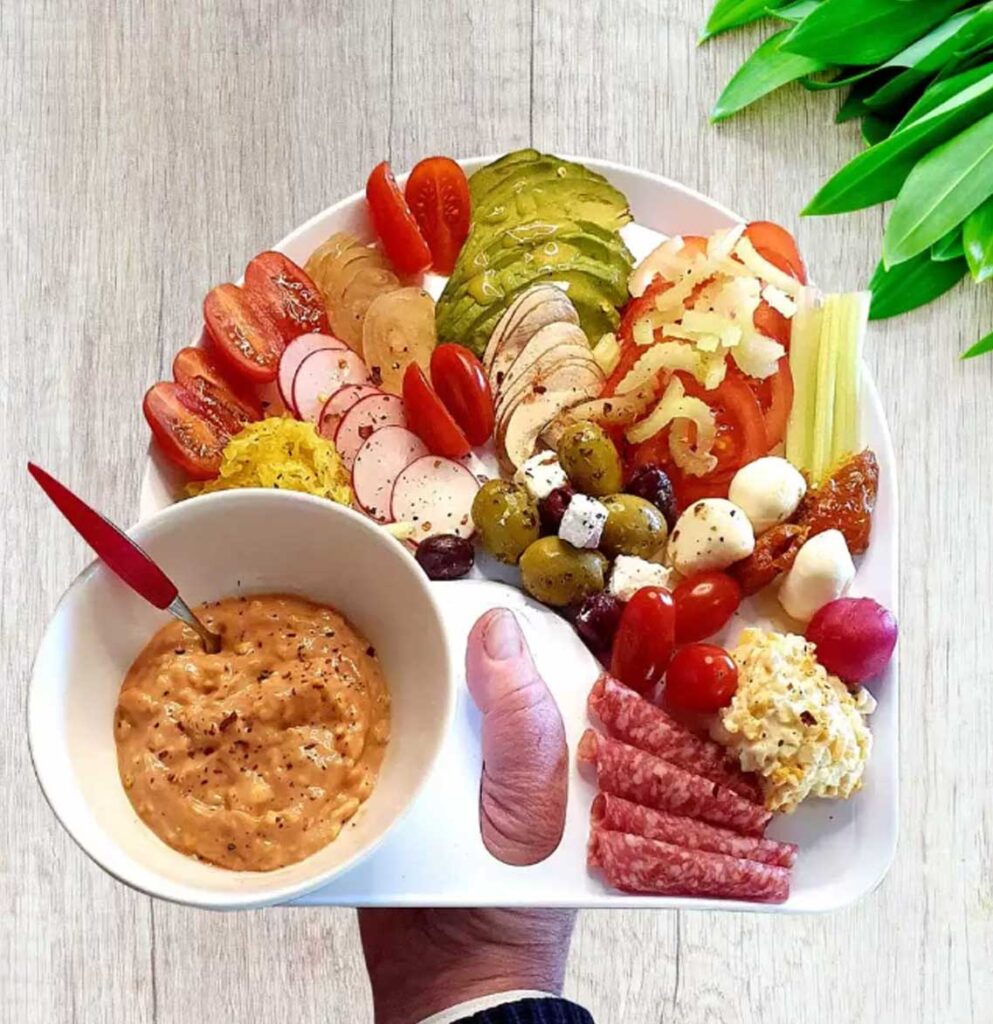
If you’ve recently discovered the joy of baking or have been hesitant to dive into the world of flour and sugar, fear not! Baking can be a delightful and rewarding experience, and with a few essential tips and tricks, you’ll be well on your way to creating mouthwatering treats that will impress family and friends. From mastering the basics to avoiding common pitfalls, this guide is designed to empower baking newbies to achieve sweet success in the kitchen. So, put on your apron, dust off those measuring cups, and let’s get baking!
What are some essential baking tools?
To achieve successful and delightful bakes, having the right tools in your kitchen is essential. Here are some must-have baking tools that every baker should consider having:
Measuring Cups and Spoons: Accurate measurements are crucial in baking, so a set of measuring cups and spoons is a must. Look for both dry and liquid measuring cups to cover all your baking needs.
Kitchen Scales: Baking by weight is more precise, especially for recipes that use the metric system. A good kitchen scale allows you to measure ingredients accurately for consistent results.
Mixing Bowls: A set of mixing bowls in various sizes is essential for mixing batters, doughs, and ingredients. Opt for stainless steel or glass bowls that are easy to clean and won’t retain flavors.
Whisk: A whisk is a versatile tool for beating eggs, blending dry ingredients, and incorporating air into mixtures for lighter textures.
Spatula: A rubber spatula is perfect for scraping every last bit of batter from bowls and folding ingredients together gently.
Rolling Pin: Essential for working with dough, a rolling pin allows you to roll out pastry and cookie dough to the desired thickness.
Pastry Brush: Use a pastry brush to apply glazes, egg washes, or melted butter to your baked goods for a beautiful finish.
Baking Pans and Tins: Invest in a variety of baking pans and tins, including cake pans, muffin tins, loaf pans, and baking sheets. Non-stick pans make baking and cleanup much easier.
Oven Thermometer: To ensure your oven is heating accurately, use an oven thermometer. This helps prevent over-baking or undercooking your bakes.
Wire Cooling Rack: After baking, allow your treats to cool on a wire rack to prevent condensation and maintain their texture.
Pastry Blender or Food Processor: These tools are useful for cutting cold butter into flour when making pastry or crumb toppings.
Piping Bags and Tips: For decorating cakes and cupcakes, invest in a set of piping bags and various tips for different designs.
Baking Paper or Parchment: Line your baking pans with parchment paper for easy release and to prevent sticking.
Kitchen Timer: Keep track of baking and cooking times with a reliable kitchen timer to avoid overcooking your treats.
Oven Gloves or Mitts: Protect your hands from hot pans and trays with oven gloves or mitts.
Having these essential baking tools in your kitchen will set you up for success in your baking endeavors, making it easier to achieve delightful and delicious results time and time again.
As a newbie baker, simple recipes serve as the building blocks of your baking journey. They introduce you to the fundamental techniques, basic ingredients, and essential equipment, setting a strong foundation for more complex bakes in the future. Starting with manageable recipes also helps prevent overwhelming frustration, ensuring that you enjoy the process and gain confidence as you progress.
Here are a few simple recipes that you can try:
With a little practice, you’ll be baking like a pro in no time!
As a newbie baker, making mistakes is an inevitable part of the learning process. Instead of being discouraged by mishaps, embrace them as valuable lessons that will enhance your baking skills. Learning from mistakes is what transforms a novice into a seasoned baker. Did your cookies turn out too flat or your cake came out slightly overbaked? Take note of what went wrong, whether it was inaccurate measurements or incorrect oven temperature, and use that knowledge to improve your future bakes. Each mistake is an opportunity to fine-tune your techniques and gain a deeper understanding of the science behind baking.
Remember that even the most experienced bakers encounter blunders from time to time. Don’t be disheartened by a few baking mishaps. Instead, celebrate the learning process and the growth that comes with it. With each mistake, you’ll gain insight into what works best for your oven, ingredients, and personal preferences.

Impress your friends with this amazing new innovation.
Hold your food and drink in one hand while you eat with the other

Immerse yourself in a fusion of flavors and entertainment as we intertwine the realms of food and living.